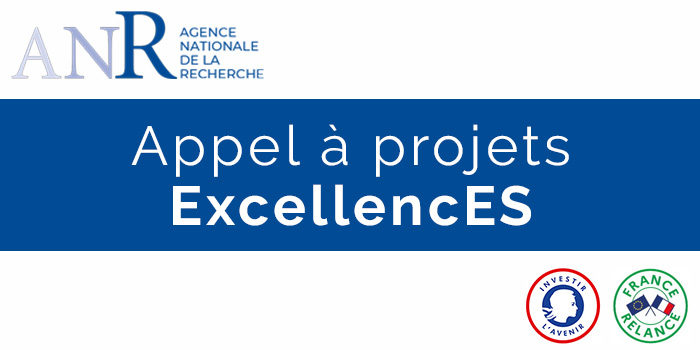17 April 2023 In News
The CISAM+ project is the winner of the AAP “ExcellencEs” of the PIA4

The Minister of Higher Education, Research and Innovation Frédérique VIDAL announced on Tuesday 30 November the winners of the “ExcellenceES” call for projects. Among them, the CISAM+ project led by Aix-Marseille University and its partners in the A*Midex university foundation, will benefit from 40 million euros for its deployment. This is the largest grant awarded for this first response phase.
Duplication of the CISAM model on 7 thematic antennas
The CISAM+ project will be in line with CISAM, which was created more than two years ago with the aim of stimulating innovation in the region by bringing together research laboratories and the socio-economic world.
Within the framework of the project, 7 new CISAM+ thematic antennas will be created on the AMU and CNRS campuses at Joseph Aiguier, in order to amplify CISAM’s actions as close as possible to academic, socio-economic and cultural players. The CISAM+ project is based on 3 programmes:
- Innovation training: this programme will disseminate the culture and skills of high-impact innovation among our students and in close contact with engineers, researchers, teacher-researchers and local and national socio-economic and cultural players.
- Innovation support: this programme will offer a full range of innovation services (consultancy, design in partnership with Ecole Condé, prototyping, awareness raising, detection, etc.) to researchers, students and socio-economic and cultural players.
- Open innovation: this programme will facilitate interactions between researchers, students, citizens and socio-economic and cultural actors and will make our university a reference for open innovation within our campuses.
These programmes will be structured around three main themes: technologies for health, cultural and creative industries and sustainable development.
The press release (in french) here



